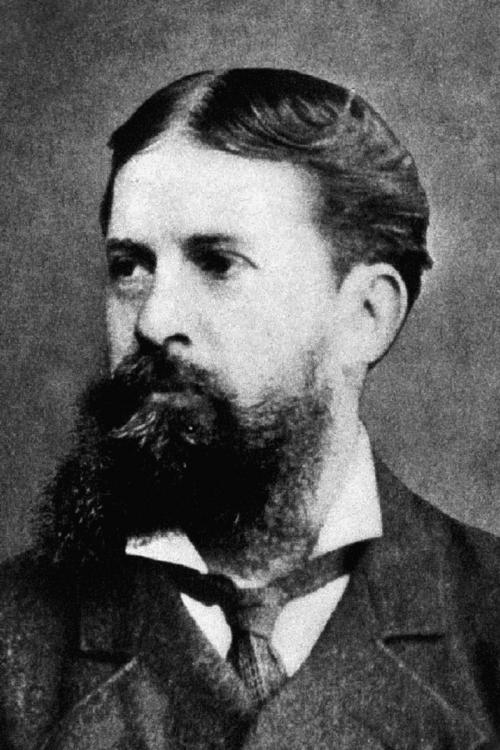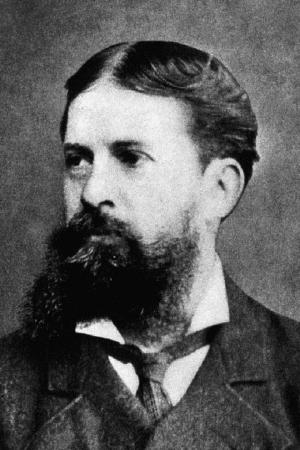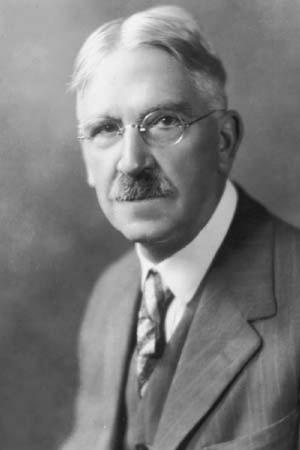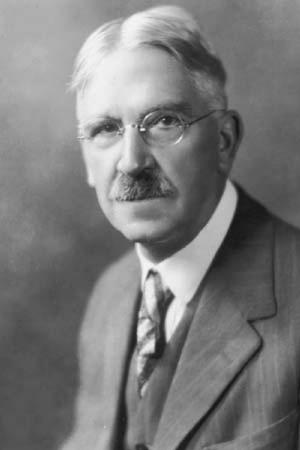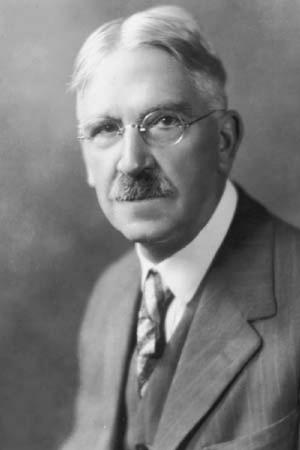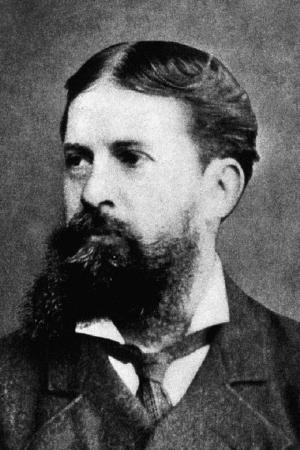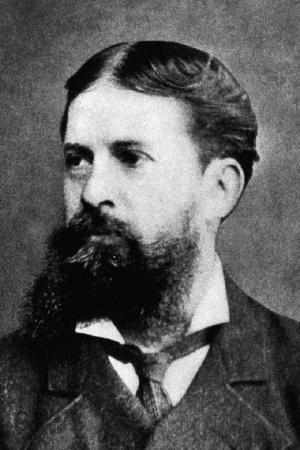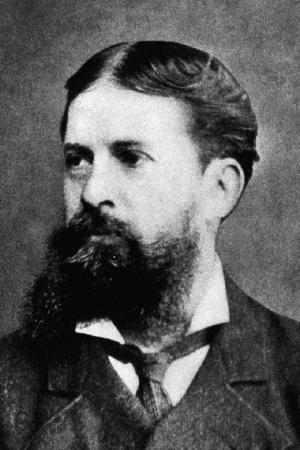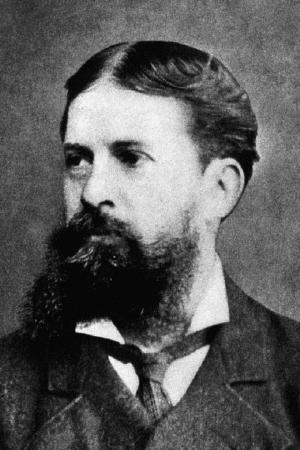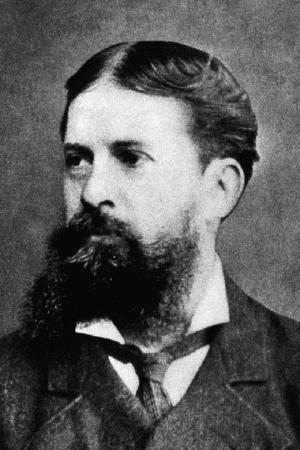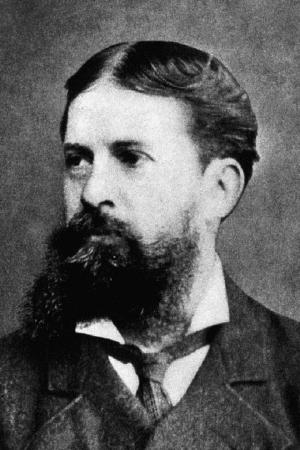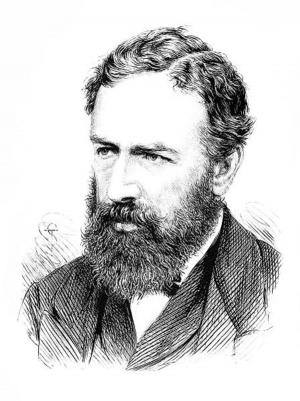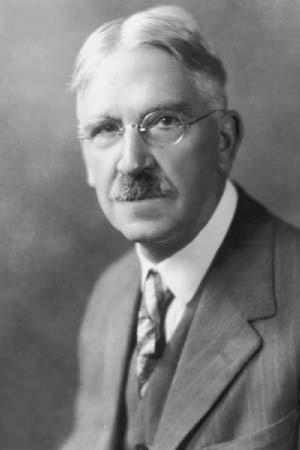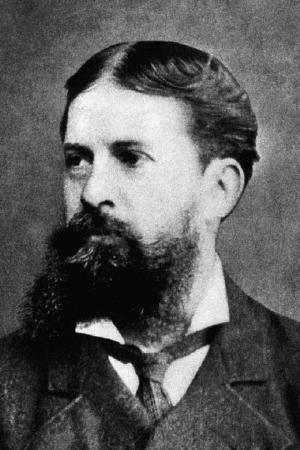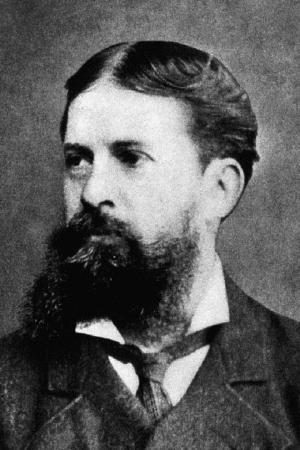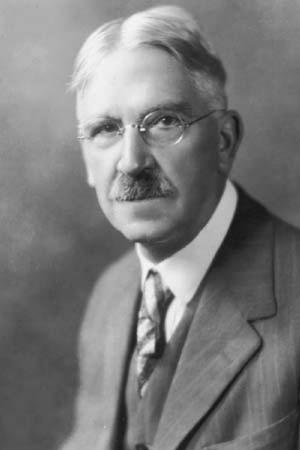| Author: | Charles Peirce, Timeless Books: Editor | ISBN: | 1230001230192 |
| Publisher: | Timeless Books | Publication: | July 14, 2016 |
| Imprint: | Language: | English |
| Author: | Charles Peirce, Timeless Books: Editor |
| ISBN: | 1230001230192 |
| Publisher: | Timeless Books |
| Publication: | July 14, 2016 |
| Imprint: | |
| Language: | English |
The book has an active table of contents for readers to access each chapter directly.
In 1934, Paul Weiss, an American philosopher, the founder of The Review of Metaphysics, and the Metaphysical Society of America, called Charles Peirce "the most original and versatile of American philosophers and America's greatest logician".
In 1943, Webster's Biographical Dictionary added Charles Peirce’s introduction as "now regarded as the most original thinker and greatest logician of his time."
Max Fisch, a well-known writer of identity, individuality, responsibility, morality, and political commitment, commented Charles Peirce as the follow:
“Who is the most original and the most versatile intellect that the Americas have so far produced? The answer Charles S. Peirce is uncontested, because any second would be so far behind as not to be worth nominating. He was mathematician, astronomer, chemist, geodesist, surveyor, cartographer, metrologist, spectroscopist, engineer, inventor; psychologist, philologist, lexicographer, historian of science, mathematical economist, lifelong student of medicine; book reviewer, dramatist, actor, short story writer; phenomenologist, semiotician, logician, rhetorician and metaphysician.”
Without any doubt, Charles Peirce is in the row of the best minds with Henry George, William James, Thorstein Veblen, and Ludwig Wittgenstein.
In 1868, Charles Peirce published his foundational paper to his theory of scientific investigation CRITIQUE OF POSITIVISM. In this paper, Peirce asserted his views about Positivism and challenged the traditional concept of Positivism as the follows:
1. Statement of the doctrine by which Positivism is distinguished from all other Philosophies.
2. That this doctrine has a favorable influence upon scientific investigation, and that the Positivists have been clever savans.
3. That this doctrine is fatal to religion, and that the religious side of positivism is its weakness.
4. That it is possible and usual for scientific men to occupy another position equally advantageous in reference to scientific research and not so destructive of religious faith.
5. Of Positivism as held by unphilosophic and unscientific persons, not owing to severe thought but to the influence of the ""spirit of the age.''
6. That the fundamental position of positivism is false.
7. The true doctrine and its consequences.
8. Of some doctrines allied to positivism.
9. In what sense positivism has deeply influenced the age and in what sense it has not.
This is a must-read book to understand the foundational thought of Philosophy, Logic, Positivism, and Science by Charles Peirce, one of the greatest philosophers and logicians in the world.
The book has an active table of contents for readers to access each chapter directly.
In 1934, Paul Weiss, an American philosopher, the founder of The Review of Metaphysics, and the Metaphysical Society of America, called Charles Peirce "the most original and versatile of American philosophers and America's greatest logician".
In 1943, Webster's Biographical Dictionary added Charles Peirce’s introduction as "now regarded as the most original thinker and greatest logician of his time."
Max Fisch, a well-known writer of identity, individuality, responsibility, morality, and political commitment, commented Charles Peirce as the follow:
“Who is the most original and the most versatile intellect that the Americas have so far produced? The answer Charles S. Peirce is uncontested, because any second would be so far behind as not to be worth nominating. He was mathematician, astronomer, chemist, geodesist, surveyor, cartographer, metrologist, spectroscopist, engineer, inventor; psychologist, philologist, lexicographer, historian of science, mathematical economist, lifelong student of medicine; book reviewer, dramatist, actor, short story writer; phenomenologist, semiotician, logician, rhetorician and metaphysician.”
Without any doubt, Charles Peirce is in the row of the best minds with Henry George, William James, Thorstein Veblen, and Ludwig Wittgenstein.
In 1868, Charles Peirce published his foundational paper to his theory of scientific investigation CRITIQUE OF POSITIVISM. In this paper, Peirce asserted his views about Positivism and challenged the traditional concept of Positivism as the follows:
1. Statement of the doctrine by which Positivism is distinguished from all other Philosophies.
2. That this doctrine has a favorable influence upon scientific investigation, and that the Positivists have been clever savans.
3. That this doctrine is fatal to religion, and that the religious side of positivism is its weakness.
4. That it is possible and usual for scientific men to occupy another position equally advantageous in reference to scientific research and not so destructive of religious faith.
5. Of Positivism as held by unphilosophic and unscientific persons, not owing to severe thought but to the influence of the ""spirit of the age.''
6. That the fundamental position of positivism is false.
7. The true doctrine and its consequences.
8. Of some doctrines allied to positivism.
9. In what sense positivism has deeply influenced the age and in what sense it has not.
This is a must-read book to understand the foundational thought of Philosophy, Logic, Positivism, and Science by Charles Peirce, one of the greatest philosophers and logicians in the world.
